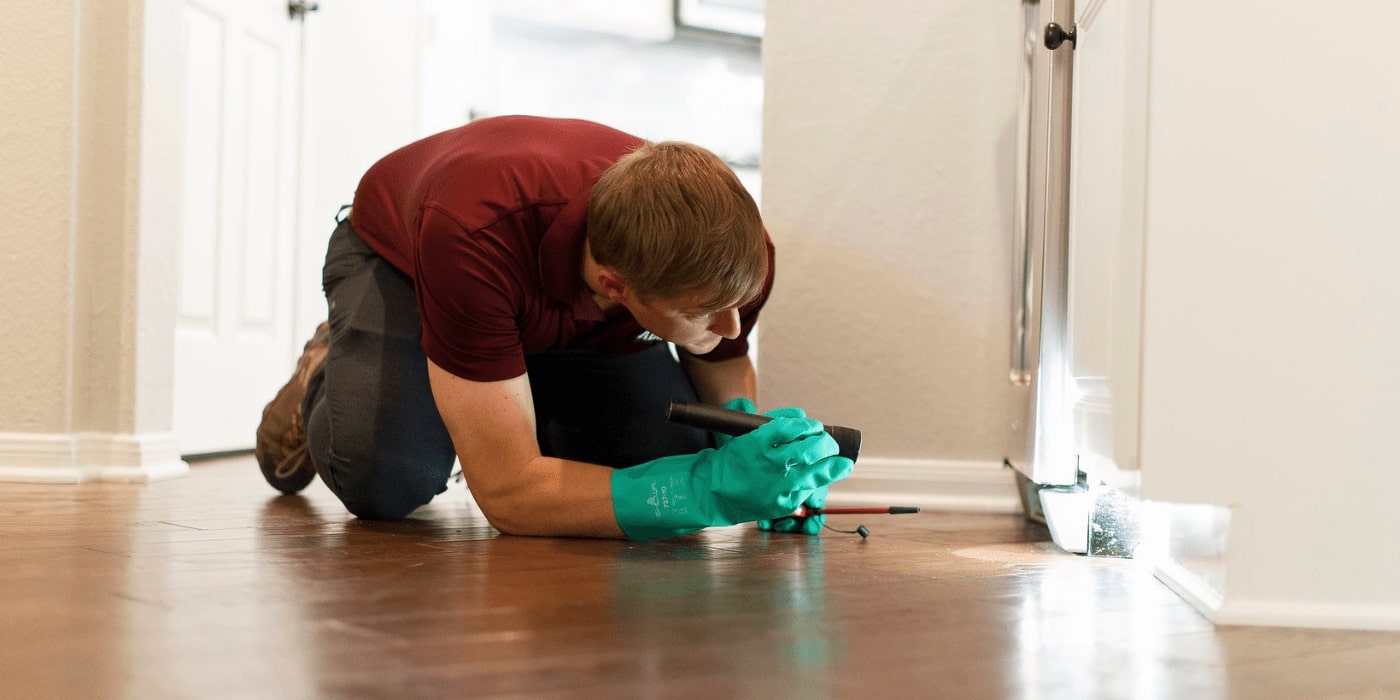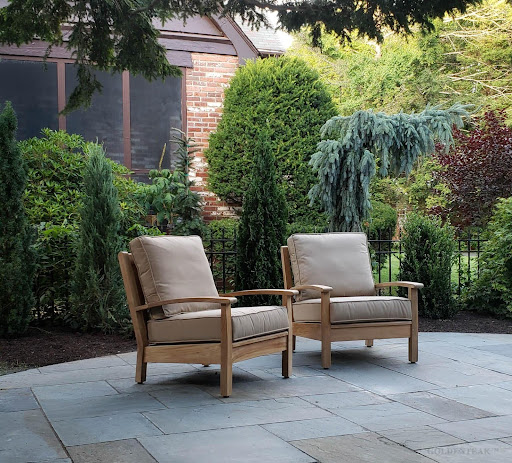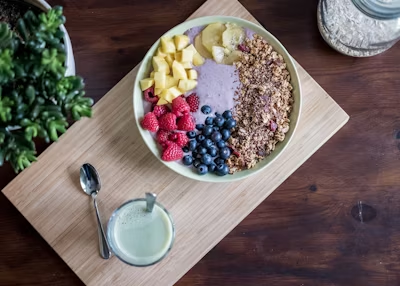One of the most important factors to consider when deciding which fencing material to use is its longevity. You don’t want to spend time and money installing a new fence only to have to replace it a few years later. You may have heard that composite fence has one of the longest lifespans of any fence on the market, and it’s true. the average lifespan of a composite fencing is 25 to 3 years. In this blog we will look at what makes composite fences last so long.
What makes Composite fencing so durable?
There are many reasons why WPC fencing is so durable. This is largely due to the unique properties of manufacturing composite material, which gives it many advantages over traditional wood fencing. To give you a better understanding of why composite fencing panels last longer than other materials, such as wood fence panels, let’s take a closer look at the reasons why.
Composite Materials
Composite fence is made from a combination of two recycled materials, recycled wood fiber and recycled plastic. During the manufacturing process, these materials are melted and then molded into fencing. the addition of plastic polymers to recycled wood gives composite fences amazing durability and longevity.
Composite fence is made from 95% recycled material and the wood is FSC certified. This means that the composite material is of very high quality and has a very long service life.
Stain resistance
Composite fence is naturally stain resistant. This is due to its chemical composition and the coating on the surface of the sheets or panels.
The non-porous surface of composite fences means that they do not absorb liquids. They are therefore less likely to stain than wooden fences. If a stain appears on the surface of the fence, it can usually be removed quickly and easily. A stained fence doesn’t necessarily mean it needs to be replaced, but it can look unsightly. With composite fences, though, this is less likely to happen. You are less likely to need to replace them for aesthetic reasons.
Scratch Resistant
The durability of composite fences means that they are less likely to scratch than other materials such as wooden fences. This is especially true for composite fences that are covered with a protective surface layer. This extra layer of protection makes them more resistant to scratches and other types of damage. Composite fences are designed to resist the effects of wear and tear and reduce the risk of needing repairs during their lifetime.
UV Resistance
WPC materials are incredibly resistant to UV rays, which means that composite fences will fade less than other materials even in direct sunlight. Composite fence panels will fade slightly within a few months of installation, but this fading will not be noticeable.
This means that the color of composite fences holds up well and you won’t feel the need to replace them because of fading. Lighter colors fade less than darker colors, so if you’re concerned about fences fading, it’s best to choose a lighter color. They are very resistant to fading and maintain their beautiful appearance throughout their lifespan.
Resistant to rotting
The plastic component of the WPC material makes the panels highly water resistant. Unlike wood fencing, water cannot penetrate the core of composite fencing. This makes them resistant to rot. Rot is one of the main reasons why wood doesn’t last nearly as long as composite material. Composite fences are not susceptible to rot and therefore have a much longer lifespan. Because composite fence panels are naturally waterproof, you don’t need to treat, seal or paint them to maintain their longevity. This will save you a lot of time and money over the course of its life.
Wind Resistance
Composite fence is structurally strong and able to withstand damage caused by strong winds and other extreme weather conditions. Of course, any material can be damaged by unusually harsh weather conditions. But composite panels are much more resilient than wood fencing. Composite fencing is designed to be very strong, yet flexible enough to withstand strong winds. Weather damage is one of the most common causes of damage to traditional wooden fences, and this is because they are made entirely of wood and are not free to expand and contract.
Contraction and Expansion
Composite fencing does not shrink and expand as fast as other materials. This is mainly because it is highly resistant to moisture absorption. For example, wood fencing absorbs a lot of moisture, which evaporates when the temperature rises, causing the boards to expand rapidly. And at low temperatures, the moisture in the boards freezes, causing them to contract rapidly. As a result, wood fences are prone to bending, cracking and splitting during temperature fluctuations. With its excellent water resistance, composite fencing does not shrink and expand significantly. This means they are less likely to crack, bend or split.
Insect Resistance
Due to the plastic content in composite material, insects cannot consume them. Insect problems are another common reason why wood fences need to be replaced. With composite material, insects cannot burrow into the core of the panel. As a result, you’ll never come home to find your fence riddled with insect holes and falling apart. Solid wood fences, on the other hand, need to be treated to reduce the risk of insect infestation.












